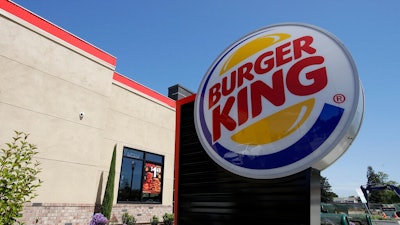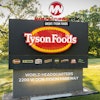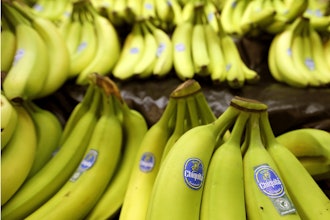
NEW YORK (AP) — The company that owns the Burger King, Popeyes and Tim Hortons chains plans to combat sluggish sales growth by expanding delivery service in the U.S. and opening thousands of new stores worldwide.
At a conference for investors in New York Wednesday, Restaurant Brands International said it plans to have 40,000 restaurants in operation globally over the next eight to 10 years, up from the current 26,000.
CEO Jose Cil said the company has plenty of room to grow. Fried-chicken chain Popeyes has 3,100 stores in 30 countries, for example, while its chief rival KFC has more than 22,000.
Burger King is opening around 100 restaurants per year in Russia, the company said. It's also growing rapidly in India after developing a special lamb-based Whopper. It has opened nearly 200 stores in India since it entered the market in 2014.
System-wide sales at the three chains have more than doubled to $32 billion annually since 2010. But that growth slowed in 2018 in the fiercely competitive industry.
Burger King says expanding delivery to 5,000 U.S. restaurants this year — up from 3,000 last year — should help. The company said consumers opting for delivery spend twice as much as those in the store, and most order in the evening when stores aren't busy. Burger King partners with GrubHub, DoorDash and Postmates to deliver the food.
Menu innovations — like a move into plant-based meat substitutes — could also attract new customers. Tim Hortons is now testing Beyond Meat plant-based sausage patties in Canada. Burger King is expected to launch its Impossible Whopper — which uses a plant-based burger from Impossible Foods — nationally later this year after a successful test in St. Louis.
Burger King said its subscription coffee service — which charges $5 per month — is also bringing in U.S. customers, with coffee sales up 50 percent since it launched in March.
Restaurant Brands shares were up less than 1% to $66.77 in afternoon trading.






















